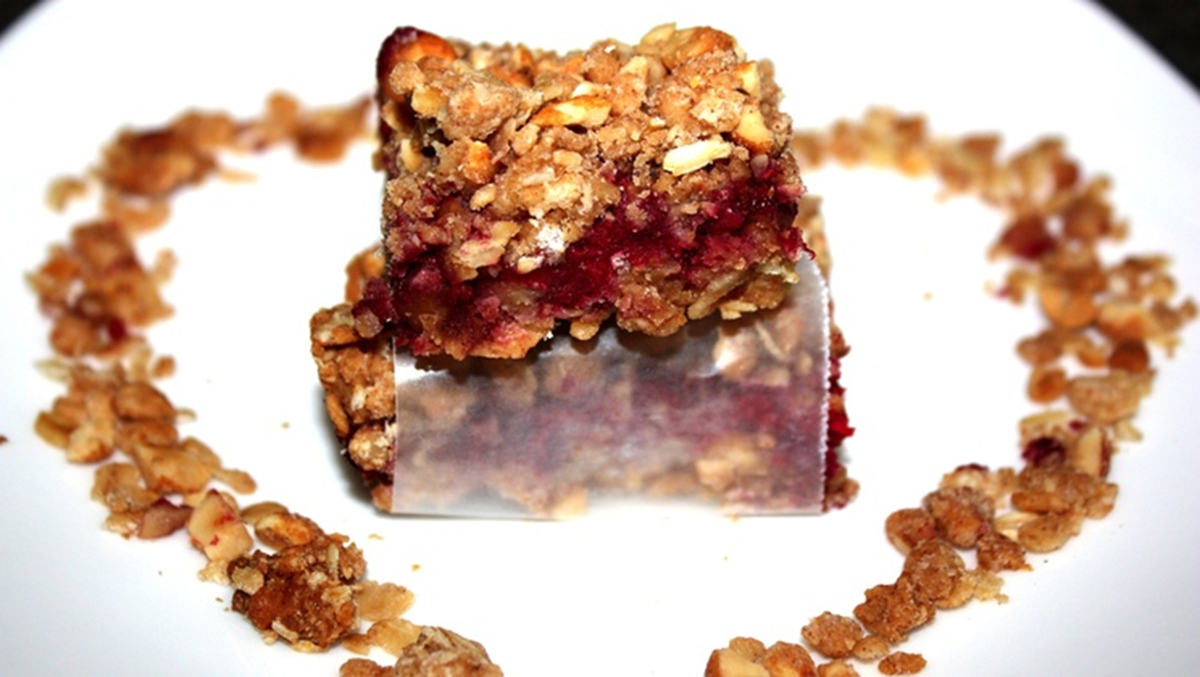Table of Contents
Could I/my friend have Orthorexia Nervosa?
Are you concerned that your/your friend's attempt at healthy eating may have gone badly awry? If you're concerned that you or someone you know may be suffering with Orthorexia, take the Bratman Test to find out for yourself:If you answered "yes" to 4 or 5 questions, you need to relax your diet.
- Do you spend more than 3 hours a day thinking about your diet?
- Do you plan your meals several days ahead?
- Is the nutritional value of your meal more important to you than the pleasure of eating it?
- Has the quality of your life decreased as the quality of your diet has increased?
- Have you become stricter with yourself recently?
- Do you get a self-esteem boost from eating healthily?
- Have you given up foods you used to enjoy in order to eat the "right" foods?
- Does your diet make it difficult for you to eat out, distancing you from family and friends?
- Do you feel guilty when you stray from your diet?
- Do you feel at peace with yourself and totally in control when you eat healthily?
If you answered "yes" to all 10, you have Orthorexia Nervosa.
You Need Help.

Why does it matter?
Orthorexia can be incredibly unhealthy for sufferers, causing a wide range of physical, emotional and social problems. Problems caused by Orthorexia can include:
- Depression: when we're undernourished, feelings of depression can develop or become more prominent; this will be made worse if your feelings of self-worth are entirely controlled by what you do or do not eat
-
Malnutrition: whatever you eat, it won't contain all the nutrients that you need if you're cutting out whole food groups in a bid to eat "pure". This will leave you particularly lacking: iron, calcium, B vitamins and potassium. Symptoms of malnutrition include:-
- Unexplained fatigue: symptom of anaemia deficiency, either iron-deficiency (most easily found in red meat), or folate deficiency
- Brittle hair and nails: lacking proteins
- Ridged nails: iron deficiency
- Cracking or inflammation of the mouth: B2 deficiency (found in milk) or iron deficiency
- Diarrhoea: lack of many essential nutrients
- Irritability: lack of many nutrients
- Lack of appetite: lack of many nutrients
- Osteoporosis: A diet low in Calcium (found in dairy) puts you at an increased risk of the fragile bones found in osteoporosis.
-
Emaciation: following a severely restrictive diet can lead to extreme weight loss. This can cause the following complications:
- Heart disease
- Kidney disease
- Infertility
- Teeth falling out
- Social isolation: people with Orthorexia spend many hours planning their meals for days ahead. They spend many hours cooking their flour-free, egg-free, sugar-free carob brownies. They don't attend family celebrations in restaurants, because they worry the food won't be "clean". They talk about the virtues of their diet at great length, and may question the diet choices of others. All these factors can lead to the Orthorexic becoming severely isolated.
Seeking Help
If you are a suffering with Orthorexia, your very first step is to admit that you have a problem and need help. You must try to understand why you're so obsessed with eating only "pure" food, and then go and talk to your doctor, or find a therapist who specialises in eating disorders yourself (use the American Psychological Association's Psychologist Locator or the British Association of Counsellors and Psychotherapists' online directory).
READ Tips For Healthy Eating While Traveling
You may have to struggle to have your doctor understand why the problem is so serious. Take along some information about Orthorexia, and explain how restricted your diet has become. Orthorexia Nervosa isn't in the DSM-5, and some doctors still don't recognise the difference between Orthorexia and healthy eating. Remember, Orthorexia is potentially dangerous and may need professional help.
Be persistent.
Is recovery possible? Will I become unhealthy?
Recovery is very possible with Orthorexia Nervosa. Through therapy, sufferers learn not to hang all their self-esteem on what they're eating, and learn that food is neither "good" nor "bad" and does not make a person "good" or "bad". Recovery is only truly possible when a person learns to see themselves as more than "someone who eats pure food", but as a friend, a lover, an employee, a whole person with hopes and dreams.
A case in point is health blogger Jordan Younger. She was known to 100,000 followers as The Blonde Vegan. With slogans such as "Oh Kale Yes!", she represented an ideal of "clean eating". But all was not well. She was fatigued and frightened of food. She realised she had to change, and rebranded herself as "The Balanced Blonde", adding chicken, eggs and fish to her diet.
As Younger shows, recovering from Orthorexia does not mean than you will become "unhealthy". It means that you will replace vital nutrients that are lost through "clean eating", learning to enjoy a wider range of healthy foods and to savour eating a truly balanced diet that includes healthy carbohydrates (brown rice, wholegrain bread, and pasta; vital for energy), protein (lean meat, fish, and pulses), dairy (vital for the calcium essential for strong bones; not to be avoided by any but diagnosed lactose intolerant patients), fruits and vegetables, and the occasional treat.
Conclusion
Though it's less understood than Anorexia and Bulimia Nervosa, Orthorexia Nervosa is a potentially serious condition that we should not ignore. If you want to avoid devastating consequences, seek help as soon as possible.
Eating disorders are a trap, but not an inescapable one.
There is help available. So don't be afraid to ask.
- www.dailymail.co.uk/health/article-3238456/Are-orthorexic-test-obsession-healthy-eating-making-ill.html
- www.eatingdisorderhope.com/information/orthorexia-excessive-exercise/understand-orthorexia
- www.futuresofpalmbeach.com/eating-disorder-treatment/orthorexia/long-term-effects/
- www.independent.co.uk/life-style/health-and-families/health-news/orthorexia-nervosa-how-becoming-obsessed-with-healthy-eating-can-lead-to-malnutrition-10479149.html
- www.nationaleatingdisorders.org/orthorexia-nervosa
- www.theguardian.com/lifeandstyle/2015/sep/26/orthorexia-eating-disorder-clean-eating-dsm-miracle-foods
- www.webmd.com/healthy-aging/features/nutrition-aging-7-signs-inadequate-nutrition
- Photo courtesy of healthiermi: www.flickr.com/photos/healthiermi/7788255080/
- Photo courtesy of healthiermi: www.flickr.com/photos/healthiermi/7788255080/
- Photo courtesy of Veva health: www.flickr.com/photos/79485769@N05/7116049655/


Your thoughts on this